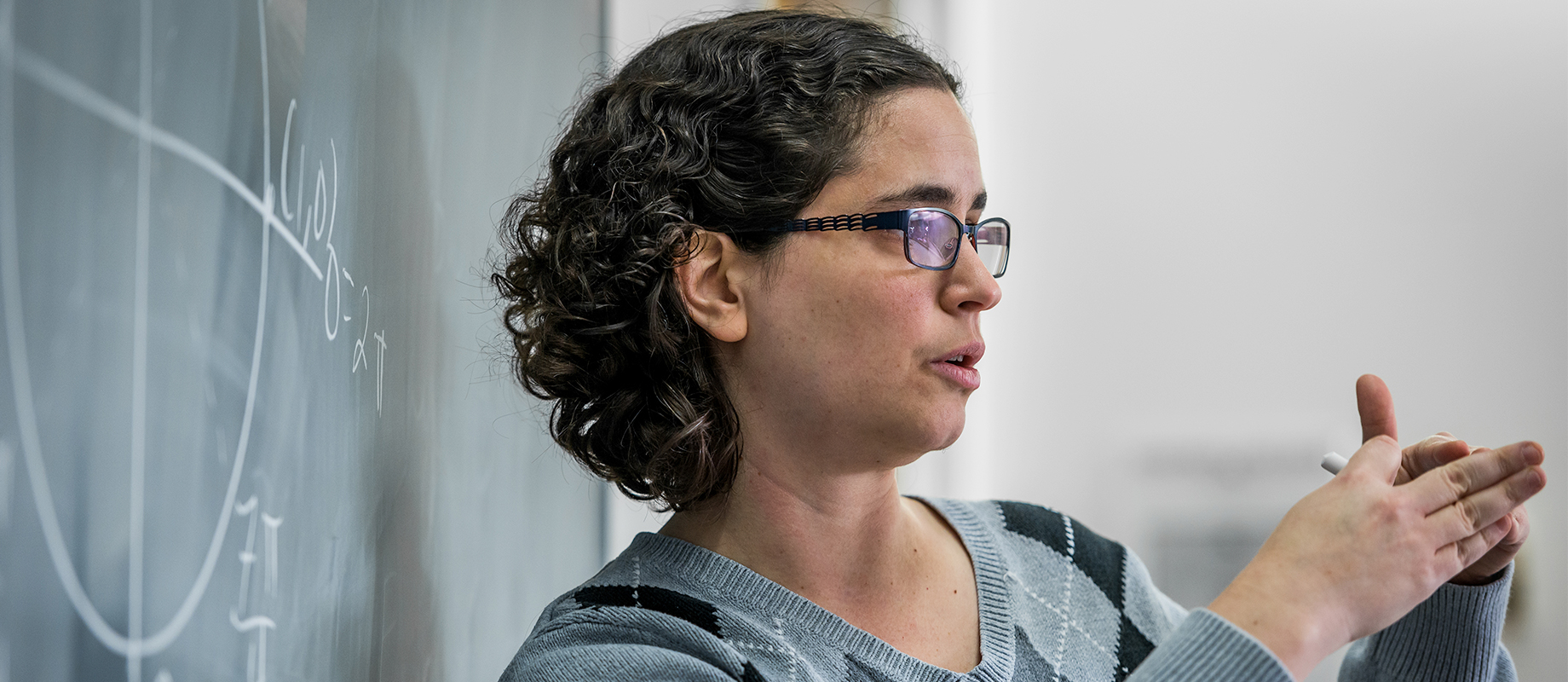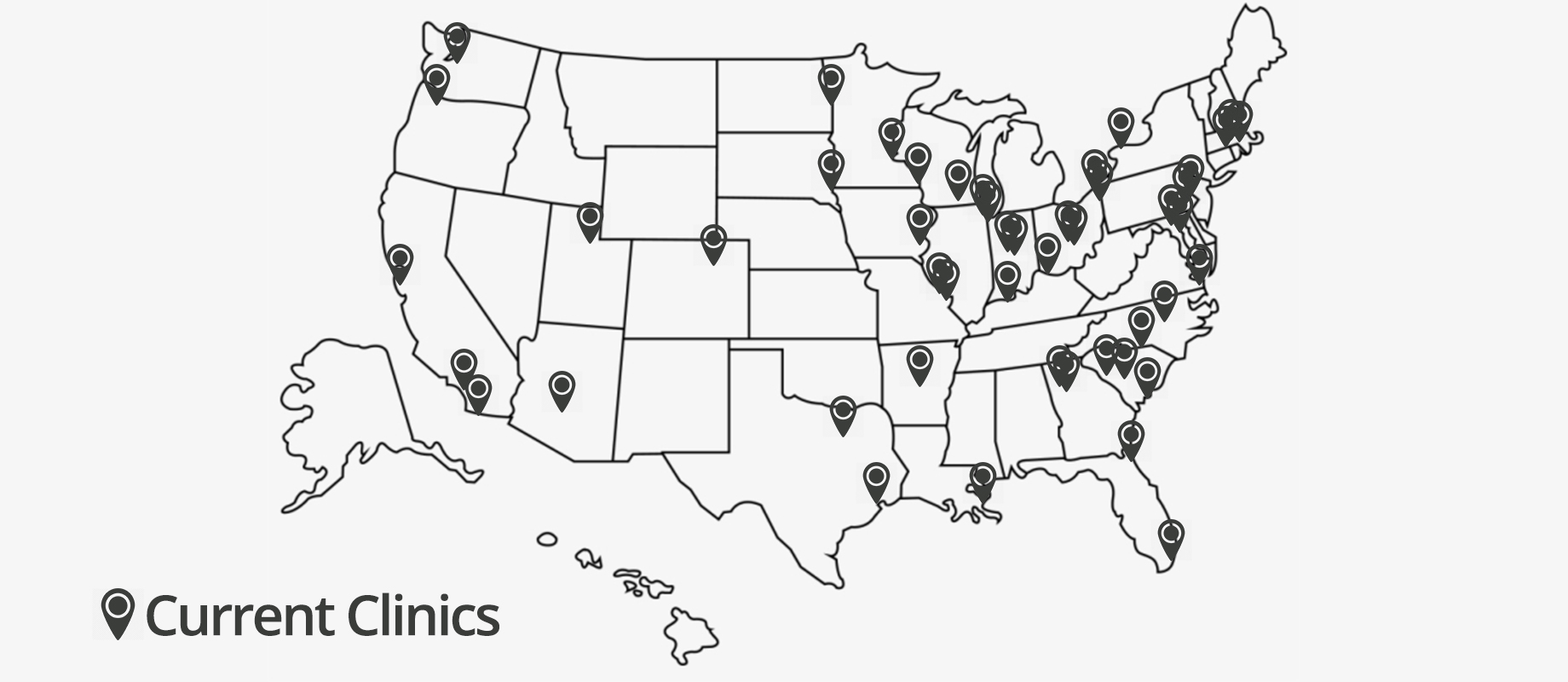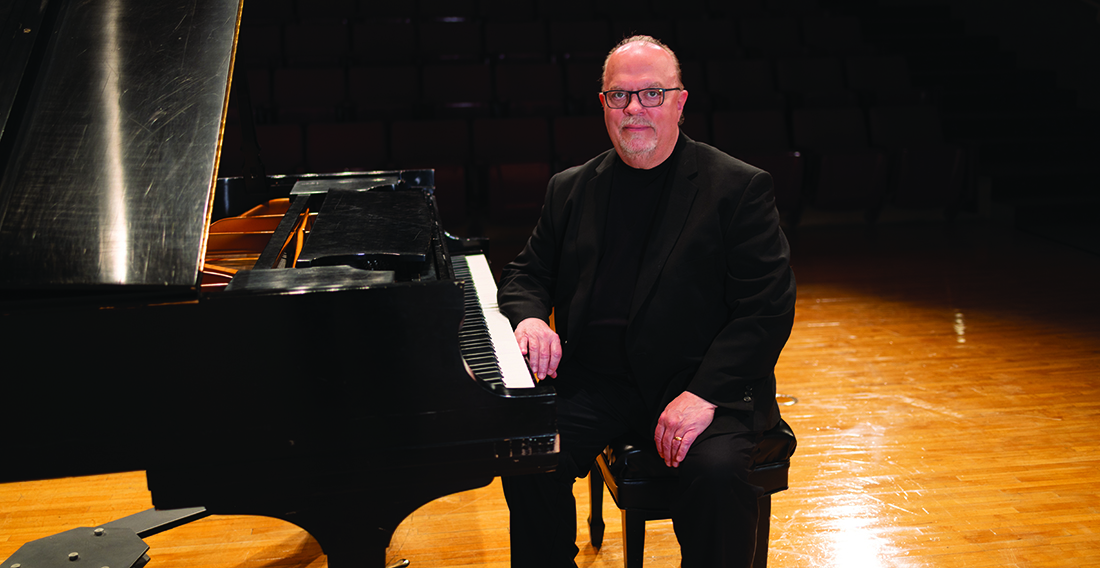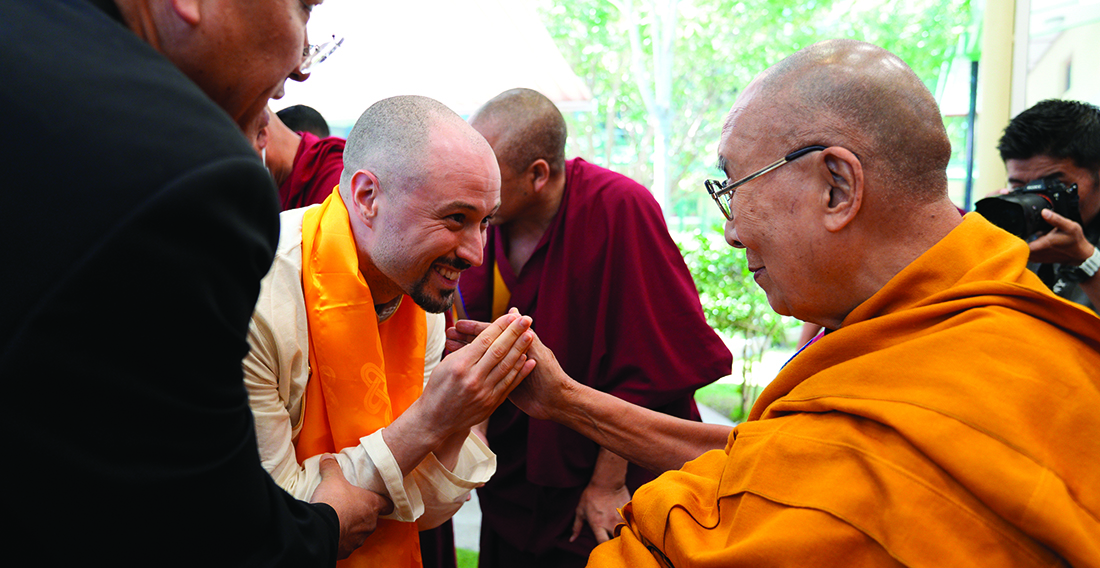Individuals With Down Syndrome Face Geographic Barriers to Specialty Care
Collaborative research project between Harvard University, University of Michigan and Simpson College reveals more than 20 percent of individuals with Down syndrome live more than two hours from care

A new study co-authored by Simpson College associate professor of mathematics Heidi Berger found that one in five individuals with Down syndrome have to travel more than two hours to receive care at the nearest specialty clinic. The study, in collaboration with Simpson alumni Nick Joslyn ’18 and Emma Campbell Endowed Chair on Down Syndrome at Mass General Hospital for Children Dr. Brian Skotko, found that geographic barriers prevent a significant portion of the population from the most basic healthcare needs.
“We know that Down syndrome specialty clinics improve the health of our patients,” said Skotko, an associate professor of pediatrics at Harvard Medical School. “For the patients with Down syndrome who do not have access to these clinics, fewer than 10 percent are up-to-date on the most basic healthcare recommendations from the American Academy of Pediatrics,” said Skotko.

The study included more than 64,000 individuals with Down syndrome in the contiguous 48 states. It found that access to specialty care varied by region. In the South, for example, only 37 percent of individuals have access to specialty care within 30 minutes of their home. That compares to 80 percent in the Northeast.
“This work highlights the need for innovative technologies in the care model for individuals with complex medical needs, not just individuals with Down syndrome,” said Berger, whose 5-year-old son, Isaac, has Down syndrome. “Telehealth, telemedicine and online, automated medical information portals might provide creative solutions.”
Skotko and his team are developing one solution, a first-of-its-kind virtual clinic scheduled to launch later this year.
“Since building more in-person Down syndrome specialty clinics is not a financially sustainable solution, we need to start leveraging innovative technology to meet these needs,” Skotko said.
Funding for the research was provided by the Hal and Greta Bryan Summer Research Program at Simpson College. Joslyn is currently enrolled in the Applied Physics program at the University of Michigan.
The original article entitled Geospatial Analyses of Accessibility to Down Syndrome Specialty Care was published in The Journal of Pediatrics and www.jpeds.com.
Article Information
Published
February 6, 2020
Author
Office of Marketing and Strategic Communication




